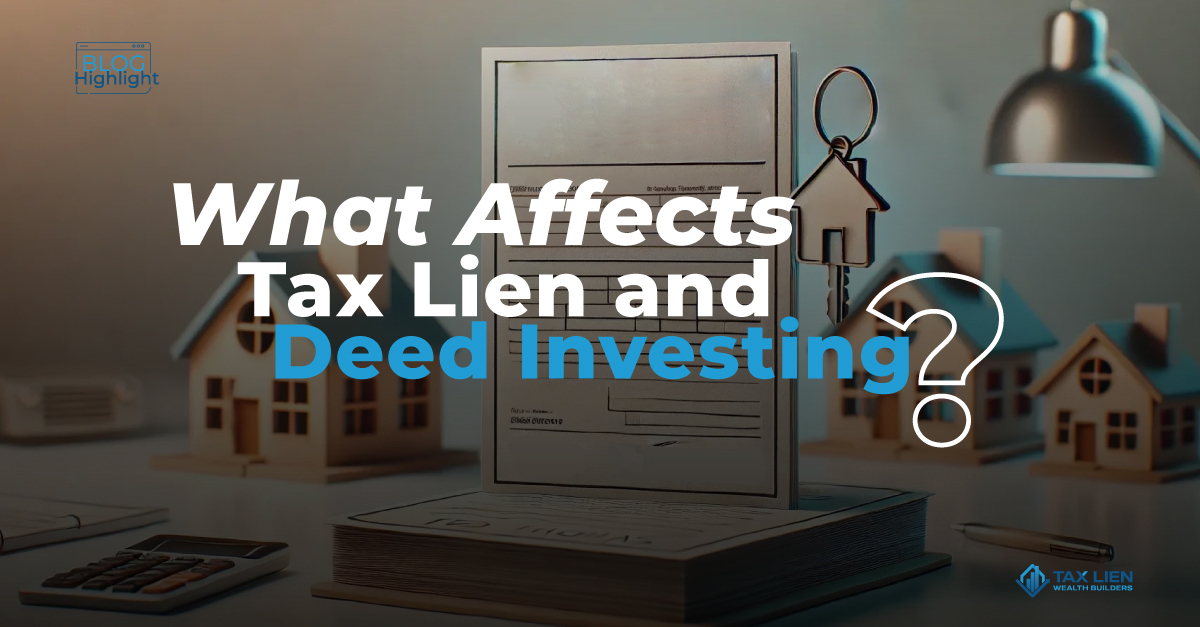All Categories
Featured
Table of Contents
If you want the tax obligation lien repossession procedure, you ought to contact a lawyer so you understand and weigh the dangers of this sort of financial investment. - how does tax lien investing work
Tax lien sales are one manner in which cities and counties attempt to recover a few of the public bucks they have actually spent preserving these residential properties deserted by private owners. As we'll discuss in this post,. Once residential or commercial property tax obligations are considered overdue, city governments commonly concentrate on offering notice of delinquency and attempting to gather the overdue quantities from the owner.
This procedure normally takes years - tax lien investing tips. If a proprietor has actually strolled away and hesitates to pay taxes or preserve the property, the city needs to spend tax obligation bucks to preserve the building. These costsboarding up the building, mowing disordered lawn and weeds, reacting to fire and police gets in touch with the residential or commercial property, and moreadd up

Owners that have actually dropped on tough times definitely need every effort to maintain them out of delinquency and in their homes. Typically, if the residential or commercial property is vacant and tatty, we need to assume the owner has selected to abandon their passion in the residential or commercial property and that they are "reluctant" to pay (though conditions earlier in the procedure might have compelled their hand).
Tax Lien Certificates Investing
Take, for example, a single-family home where the proprietor has time out of mind walked away. For several years the local federal government has actually needed to step in and get rid of rubbish unloaded in the lawn, board up the doors and windows, and react to telephone calls about illicit activity on the residential or commercial property. All these solutions cost the local government taxpayer bucks.
In several states, those costs can be gathered in the very same manner as the unpaid tax obligations, but not in all. (Something that Neighborhood Progress highly promotes for.) Eventually, the total financial obligation ends up being higher than what the residential or commercial property can cost. In a tax lien sale (or tax certificate sale) the city government generally holds a public auction where the winning bidder accepts pay one of the most cash for the right to enforce the tax obligation lien, starting with a minimum quote of a minimum of the tax obligations owned, plus suitable rate of interest, charges, and costs.

When a government offers the tax obligation lien they are usually offering to an exclusive buyer the city government's authority to collect the financial obligation in exchange for upfront settlement of the taxes owed. The customer's purchase typically includes the capacity to earn future passion, in addition to redeem related costs and expenses sustained by the buyer, if the residential property owner pays the tax debt.
This is, fundamentally, privatization of a core government feature: tax collection. Tax lien sales are especially negative when it involves uninhabited, deserted, and scrubby buildings since they lengthen the duration before a home can be moved right into the hands of a brand-new, much more accountable proprietor. Personal tax lien customers hold the debt, however they do not have the titlethe legal right to possession of the propertyand in most cases, they have no interest in getting it.
Tax Lien Investing Tips
Taking into consideration budget plan cuts, city governments in many states have minimized internal real estate tax collection and enforcement efforts and looked to tax obligation lien sales as a quick mixture of revenue - how does tax lien investing work (property tax lien investing). Lots of areas select or are mandated by the state to market tax obligation liens due to the fact that it contracts out collection and frequently generates really required cash previously in the collection procedure
By transferring the city government's passion in and enforcement of the tax obligation lien to a personal purchaser, local federal governments shed a lot of their flexibility: versatility to obtain vacant homes that the exclusive market does not want, or to assist the proprietor stay clear of shedding their residential or commercial property. With uninhabited properties, there is a much higher opportunity that the exclusive purchaser isn't interested in the building itself.
Tax lien sales can create damage in historically disinvested locations. In a depressed housing market, fewer proprietors are able to retrieve the amount of the financial obligation offered to a tax obligation lien buyer. These areas are ripe for a different sort of tax obligation lien investorspeculative proprietors looking for to acquire homes on the low-cost by seizing on the real estate tax lien, bleeding what little bit equity is left by leasing an ineffective building to vulnerable tenants, and after that abandoning the home when they have actually earned back their financial investment.

Not all state legislations provide city governments the power to interfere in this cycle. In either case, the building remains vacant and in limbo, all the while enforcing considerable costs on its neighbors and taxpayers. It's reasonable that many local governments transform to tax lien sales because they aid money necessary civil services.
If the city government instead offers the home (aka the "tax obligation act"), instead of the tax debt, then they are in control of what happens to the home and the enforcement process if the owner continues to not pay the property tax owed. The government will supply the owner an affordable time to repay the tax financial obligation, after which the government will certainly seize its rate of interest in the tax obligation lien and the owner's right of redemption.
From their beginning, these public auctions were locations for capitalists to benefit via exploitation. In very early 20th-century cities, infamous "tax obligation sharks" like Chicago's Jacob Glos and New york city's Charles Wiltsie generated fortunes by purchasing up scores of tax liens on houses, billing their owners exorbitant amounts to get rid of the lien, or waiting till the due date for settlement passed and asserting the act.
Best Tax Lien States For Investing

Phone call to eliminate tax lien sales and overhaul tax obligation misbehavior regulations have actually periodically erupted. Typically, they have can be found in reaction to instances of inadequate, often elderly home owners who lost their homes to dishonest tax customers over small tax obligation financial debts. Yet with a few exemptions, state legislatures have actually resisted architectural reforms.
Those that have paid off their home mortgages (mostly senior individuals or persons who had actually acquired a family home) must also locate the cash to pay real estate tax. This describes why 70 percent of the homes cost tax lien sales are had outright. It is well previous time for states to embrace a more humaneand more effectivesystem for real estate tax enforcement.
Table of Contents
Latest Posts
Tax Forfeited Property
Foreclosure Overbids
List Of Unpaid Property Taxes
More
Latest Posts
Tax Forfeited Property
Foreclosure Overbids
List Of Unpaid Property Taxes